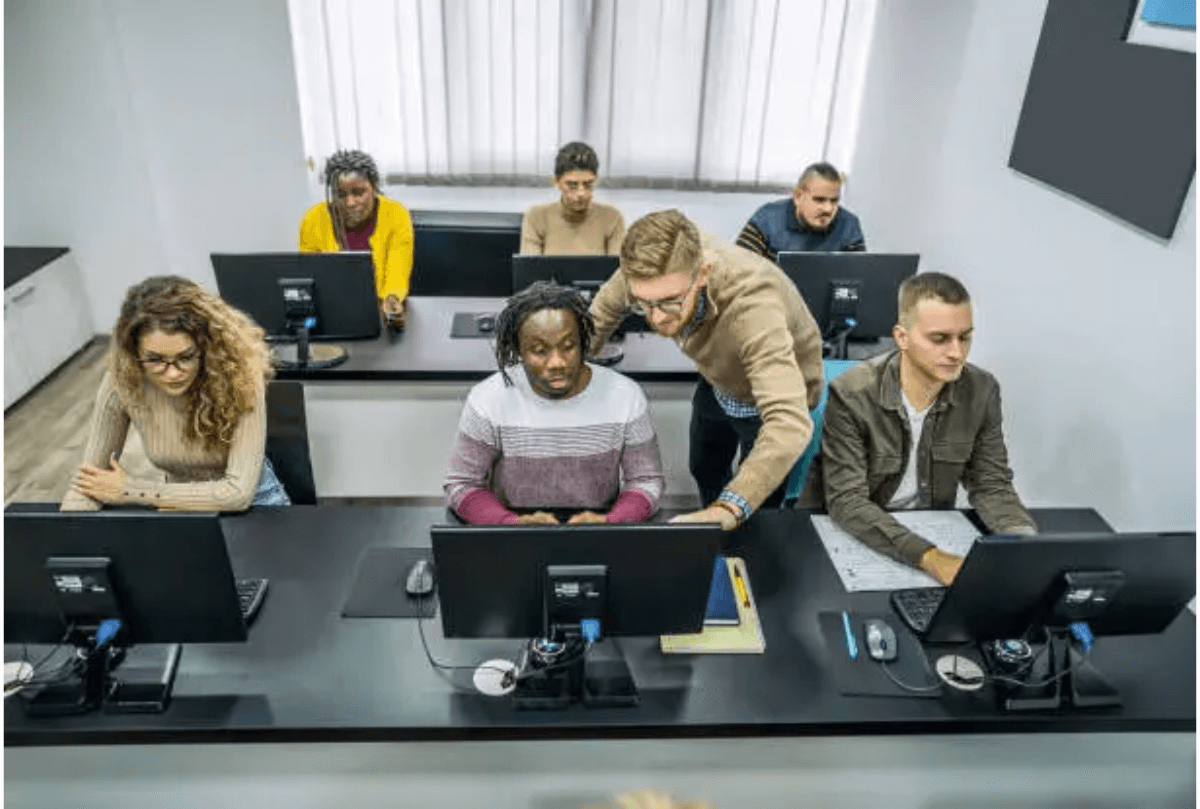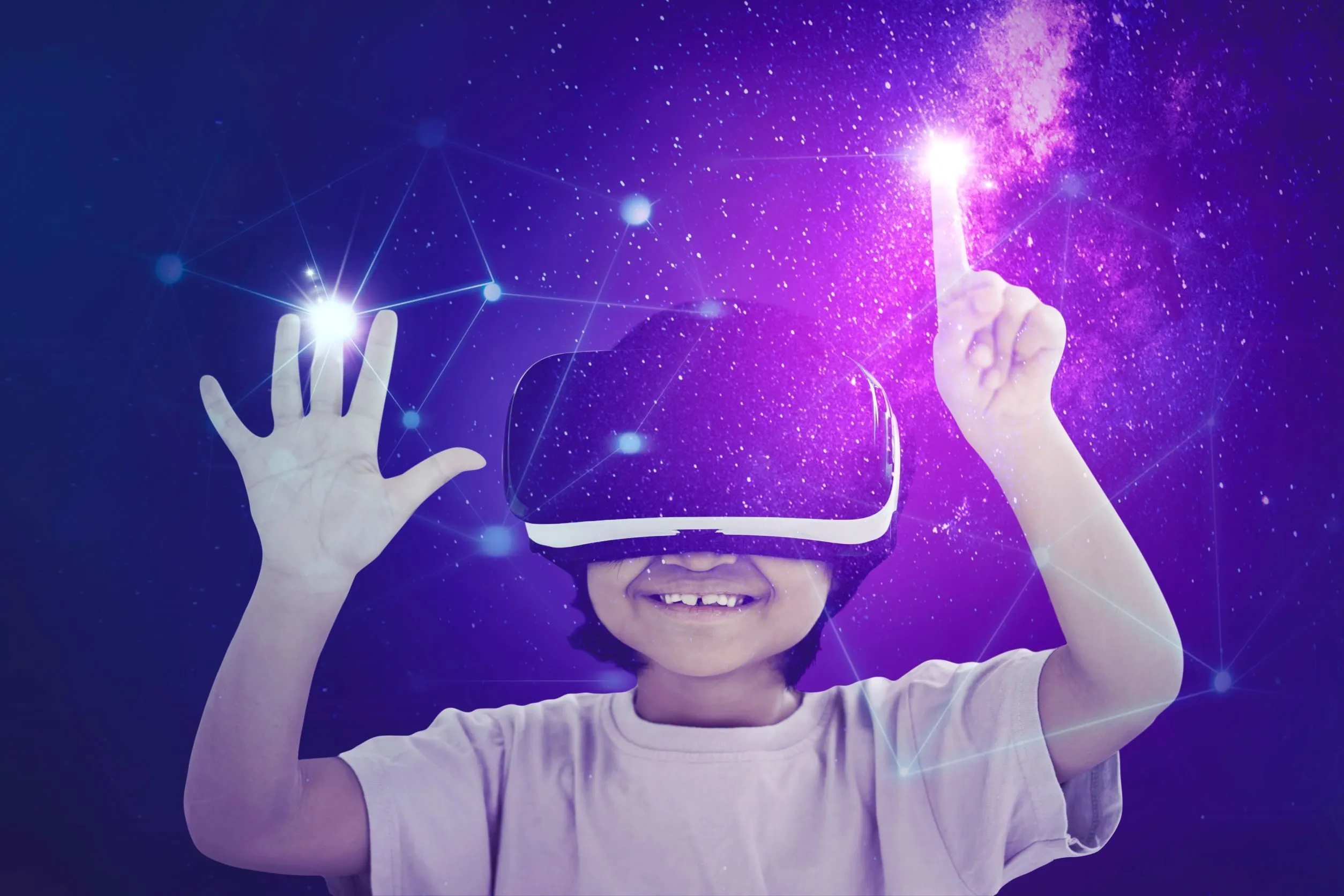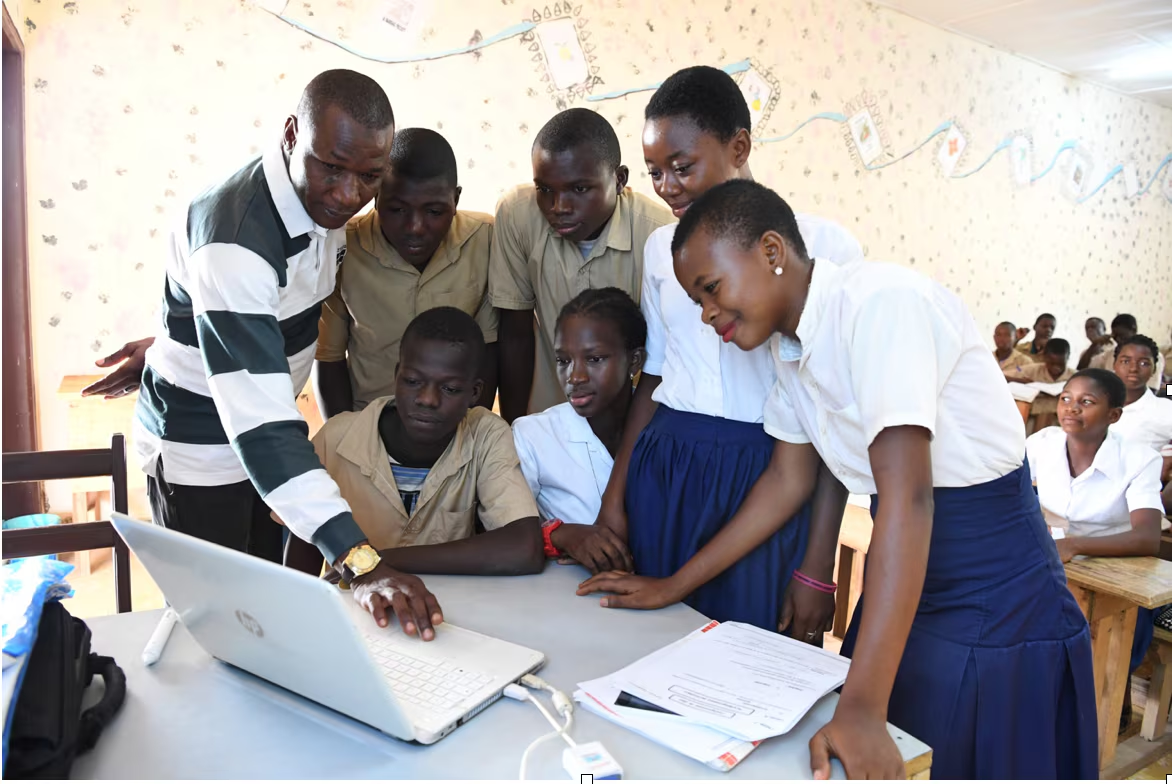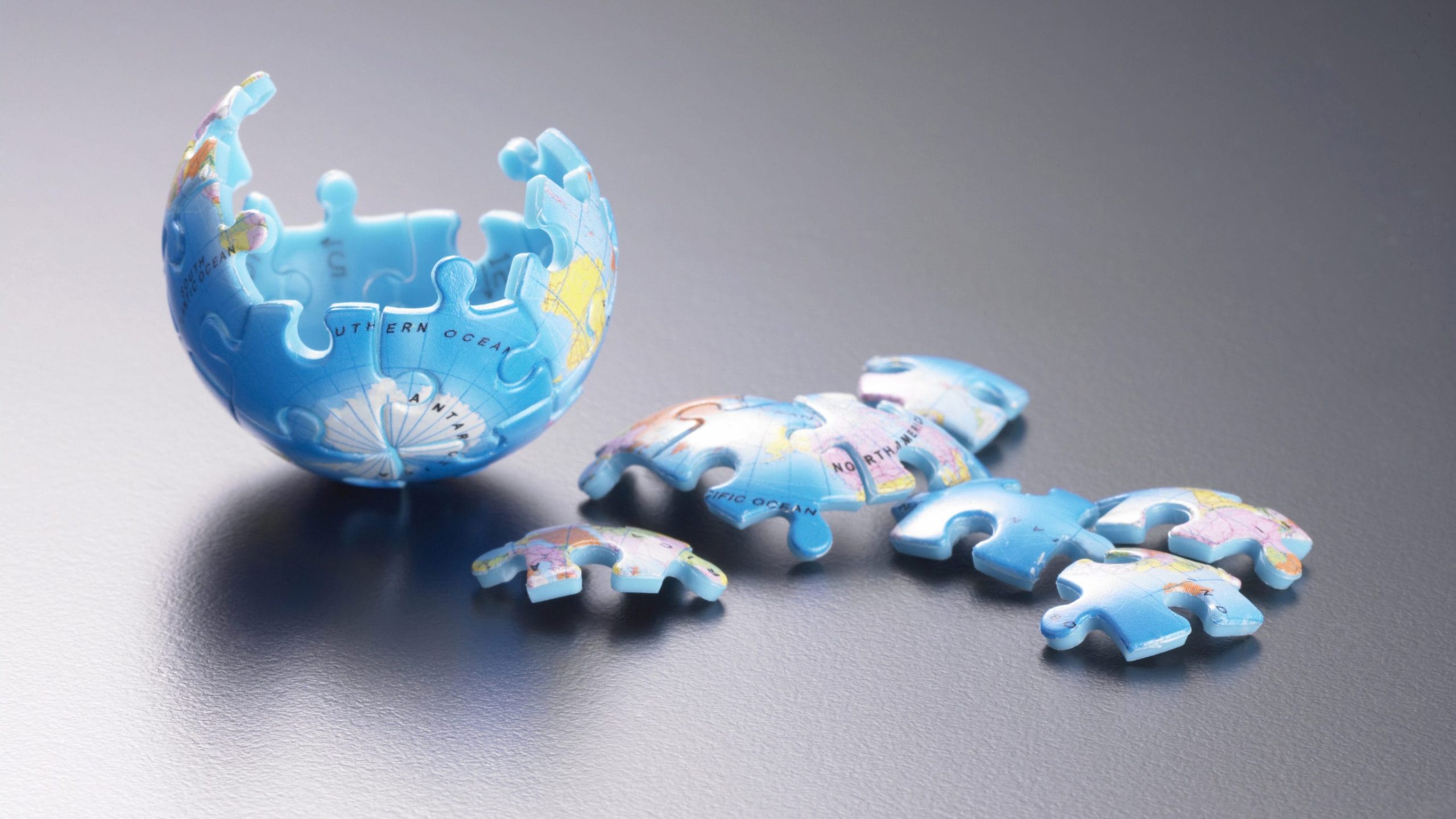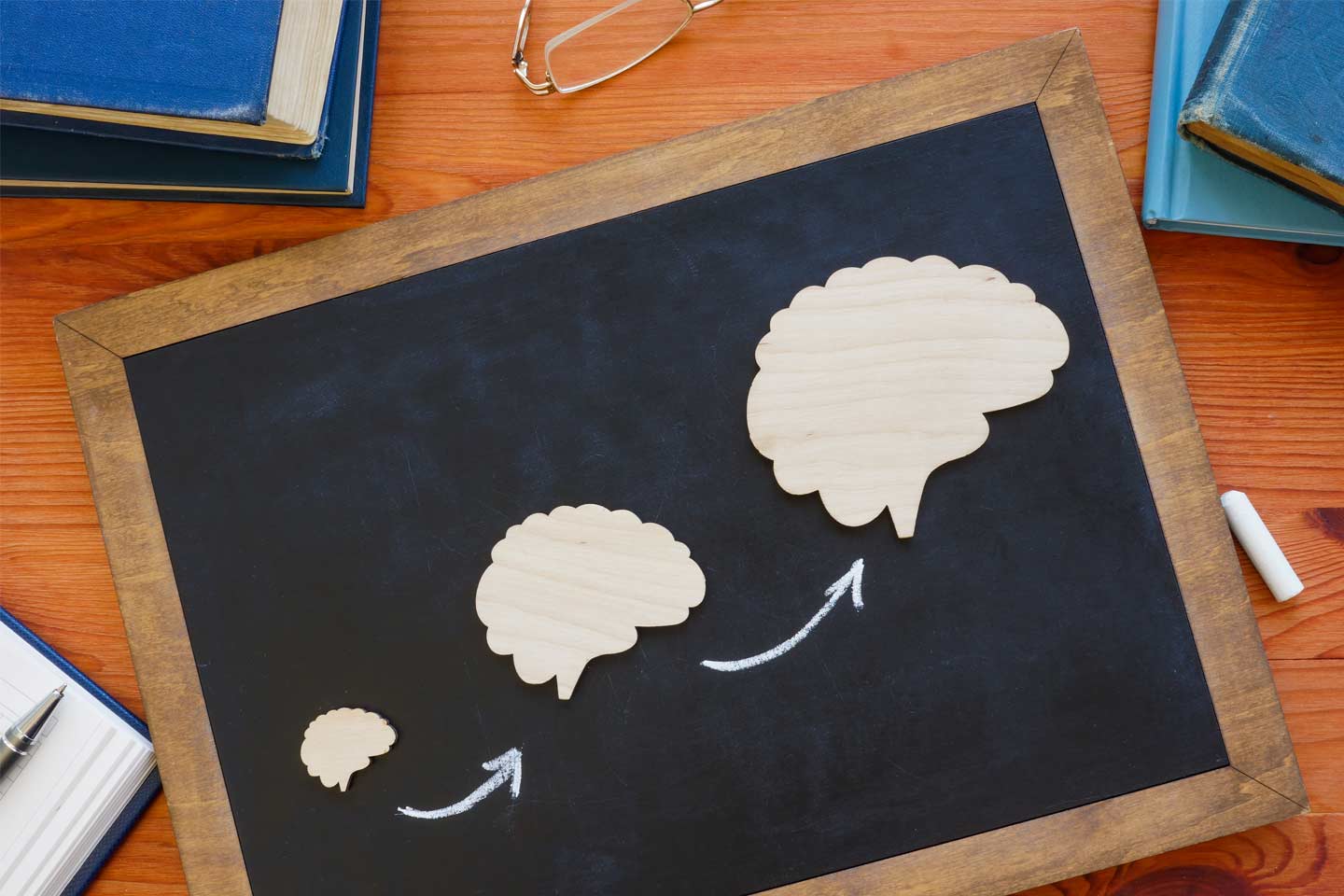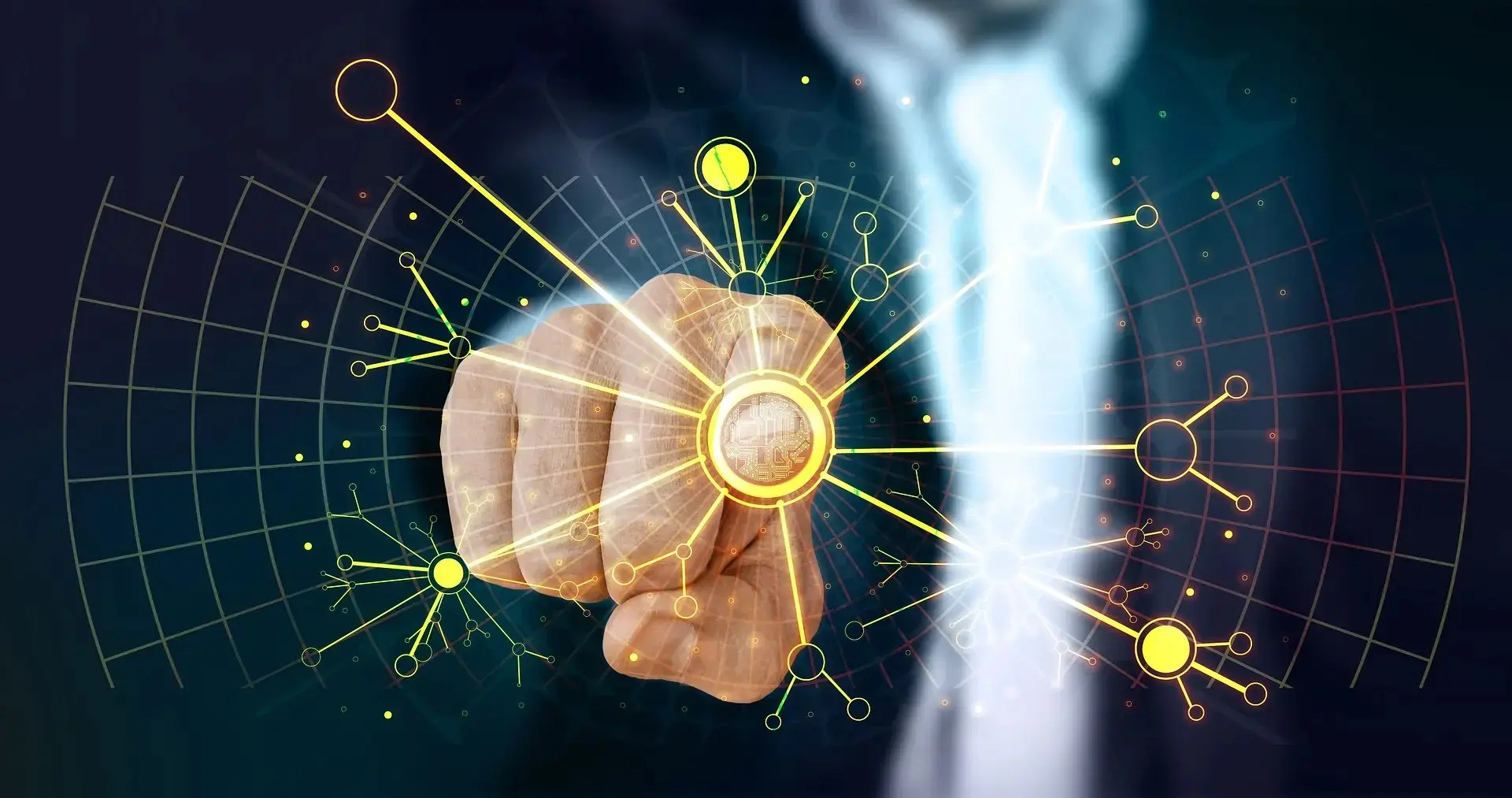The Future of Education: Building Lifelong Learners in a Changing World
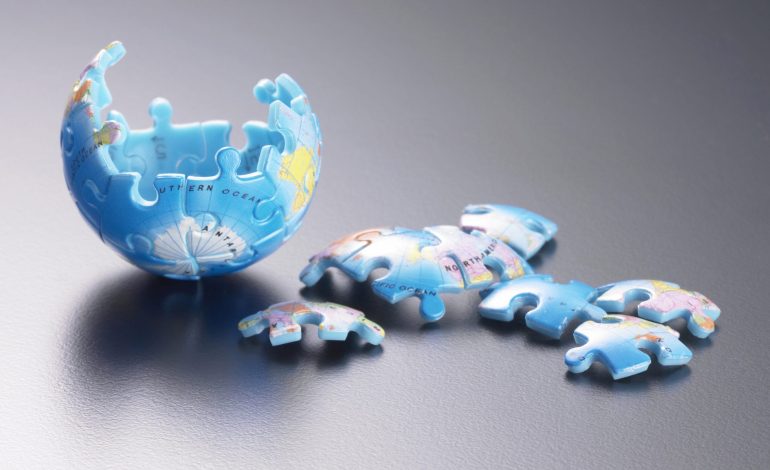
Education has always been the cornerstone of human progress. From the earliest days of oral storytelling to the digital classrooms of today, it remains the primary means through which societies transmit knowledge, values, and innovation. But as technology accelerates, economies evolve, and the needs of learners shift, education is undergoing a profound transformation. The focus is no longer just on memorizing facts—it’s about cultivating curiosity, adaptability, and lifelong learning skills that prepare individuals for an uncertain future.
The Shift from Traditional to Modern Learning
Traditional education models were built around uniformity—students learned the same material, in the same way, at the same pace. While this system successfully produced disciplined workers for industrial societies, it falls short in today’s dynamic world. The 21st century demands creativity, collaboration, and critical thinking—skills that can’t be taught through rote memorization or rigid classroom structures.
Modern education is moving toward personalization. Thanks to digital tools and data-driven insights, learning can now adapt to the individual rather than forcing the individual to adapt to the system. Platforms like Khan Academy, Coursera, and Duolingo personalize lessons based on performance, allowing students to learn at their own pace and according to their own interests. This shift empowers learners to take ownership of their education and turns learning into a lifelong pursuit rather than a phase of life.
The Role of Technology in Education
Technology has revolutionized how we teach and learn. The rise of online courses, virtual classrooms, and interactive simulations has expanded access to quality education across the globe. Students in remote regions can now attend lectures from top universities, participate in group discussions, and access digital libraries—all through a smartphone or laptop.
Artificial intelligence (AI) plays an increasingly vital role in this transformation. Intelligent tutoring systems can assess a student’s progress, identify weaknesses, and provide customized exercises to address them. AI-powered grading systems can reduce teacher workload, while chatbots can answer common student queries instantly. Augmented and virtual reality are also enhancing experiential learning, allowing students to explore historical events, scientific phenomena, and complex concepts through immersive experiences.
However, technology is not a cure-all. The digital divide—unequal access to devices and internet connectivity—remains a major barrier in many parts of the world. To ensure equity in education, governments and organizations must invest not just in technology, but also in digital literacy, teacher training, and infrastructure.

The Evolving Role of Teachers
In the modern classroom, teachers are no longer just transmitters of information—they are facilitators, mentors, and motivators. The internet provides endless access to information, but students still need guidance to interpret, evaluate, and apply what they learn. Teachers help students develop these higher-order thinking skills while fostering curiosity and resilience.
Moreover, teachers are essential in cultivating emotional intelligence and social skills. In a world dominated by screens, human interaction remains irreplaceable. Teachers encourage collaboration, empathy, and communication—traits that are as important as technical knowledge in personal and professional life. Continuous teacher training and professional development are therefore crucial to keep pace with evolving educational needs and tools.
Lifelong Learning: The New Educational Paradigm
In previous generations, education was often seen as a one-time event: you studied in your youth, graduated, and entered the workforce. Today, that model no longer works. Technological disruption and shifting job markets demand constant learning and skill renewal. A worker who learned a programming language or design tool five years ago might find those skills outdated today.
This has given rise to the concept of lifelong learning—a mindset that values continuous education throughout life. Governments, universities, and companies are increasingly supporting this shift through flexible programs, online certifications, and corporate training initiatives. Platforms like LinkedIn Learning and Udemy allow professionals to upskill at their convenience, while universities offer micro-credentials and modular courses that fit around working schedules.
Lifelong learning also promotes personal growth beyond career goals. It encourages individuals to explore new interests, develop creative talents, and stay mentally active well into old age. In this way, education becomes not just a means to an end, but a lifelong journey of curiosity and fulfillment.
The Importance of Emotional and Social Learning
In a world where stress, anxiety, and social isolation are growing concerns, education must address the emotional well-being of students as much as their intellectual development. Emotional intelligence (EQ)—the ability to understand and manage one’s emotions and relate empathetically to others—is increasingly recognized as a key factor in success.
Schools and universities are incorporating social-emotional learning (SEL) programs that teach students self-awareness, empathy, communication, and conflict resolution. These programs not only improve mental health outcomes but also enhance academic performance and cooperation. A holistic education system that values both cognitive and emotional growth produces individuals who are not only knowledgeable but also compassionate and resilient.
Education for Sustainability and Global Citizenship
Another major trend shaping modern education is the emphasis on sustainability and global awareness. As climate change, social inequality, and resource depletion challenge our future, educators are tasked with preparing students to become responsible global citizens. Lessons in environmental science, ethics, and civic engagement teach students how their actions affect the planet and others around them.
Project-based learning, where students collaborate to solve real-world problems, encourages responsibility and innovation. For instance, a school might challenge students to design a sustainable city, create a waste-reduction plan, or study renewable energy solutions. These projects not only teach technical skills but also instill a sense of purpose and social responsibility—key elements in shaping a better world.
The Future of Education: Blending the Old and the New
The future of education lies in balance. While digital technology and new methodologies are transforming learning, the fundamental goals remain the same: to inspire curiosity, build character, and prepare individuals for life. Hybrid learning models—combining in-person instruction with digital flexibility—are likely to become the norm. These systems allow for both human connection and technological convenience.
In the next decade, we can expect education to become more inclusive, adaptive, and interdisciplinary. Fields like science, technology, arts, and humanities will increasingly intersect, reflecting the complexity of real-world challenges. Learning will become more collaborative, global, and community-driven, breaking down barriers between cultures and disciplines.
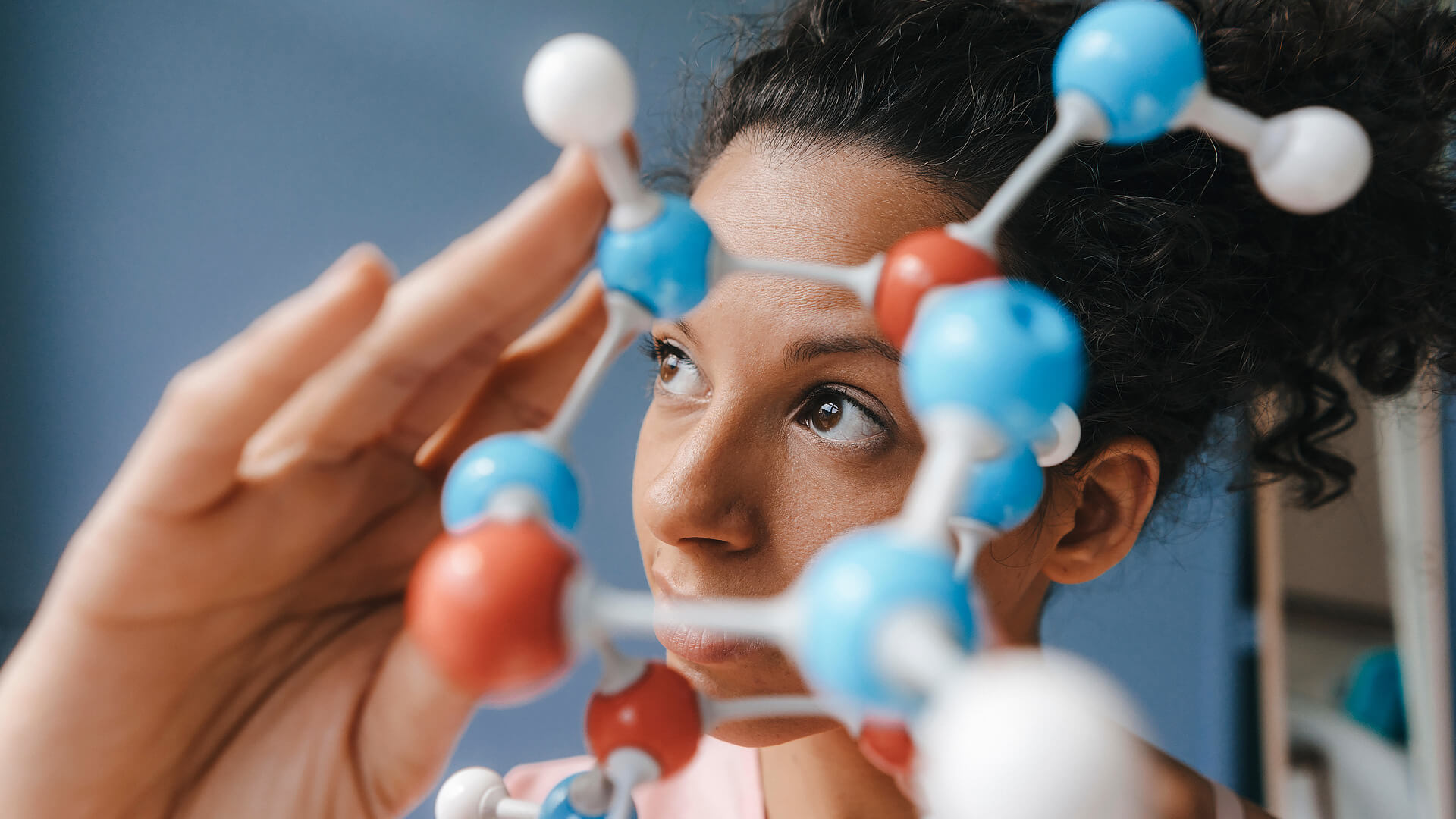
Conclusion: Education as a Lifelong Journey
Education is no longer confined to classrooms, textbooks, or formal institutions—it’s an ever-evolving process that shapes the mind, character, and future of humanity. The modern world requires not just knowledgeable individuals but adaptable, compassionate, and creative thinkers. As we embrace technological advancements and new pedagogical approaches, we must remember that the heart of education lies in its human purpose: to empower, enlighten, and connect.
In the years ahead, the most successful societies will be those that prioritize learning not just as a system, but as a culture. By nurturing lifelong learners—people who are curious, critical, and compassionate—we ensure that education continues to be the force that drives progress, equality, and hope for generations to come.


